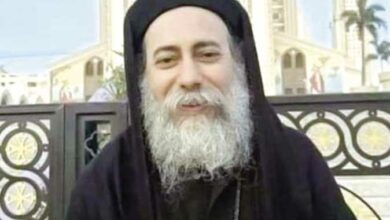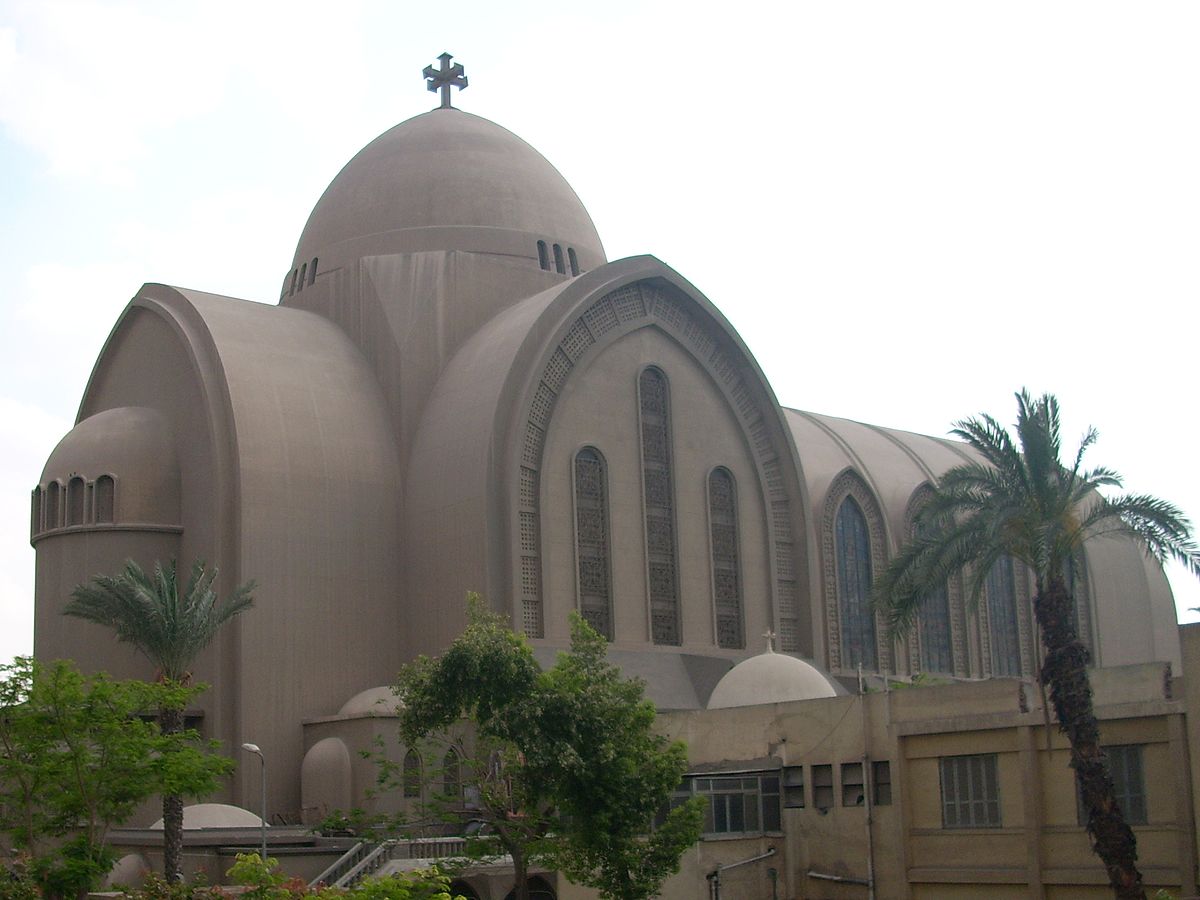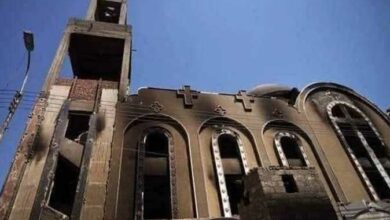Hundreds of thousands of Copts gathered last week to lament the charismatic and popular pope who served as the chief of the Coptic Orthodox Church for almost 40 years. These crowds, who saw the pope not only as the spiritual leader of the church but also as a political leader of their community, are not necessarily the ones who will have the right to vote for the new pope — the 118th heir to the throne of St. Mark.
It is crucial at this historical moment to understand the church’s rules and practice, at least in the last century, for choosing a new pope. The first relevant reference is the presidential decree issued in 1957, under Gamal Nasser’s rule, to regulate the elections of the Coptic Orthodox patriarch. This decree was implemented in choosing the last two popes, including Pope Shenouda III.
In Article 8, the decree gives voting rights to selected individuals. Within the church, bishops, members of denominational councils, and a certain number of priests participate in the vote. Laymen with voting rights include a set number of members of each city’s elite who are chosen by local bishops, in addition to all current and former Coptic parliamentarians and ministers, and finally, Coptic journalists registered at the Journalists Syndicate.
This same decree limits papal candidates to those above 40 years old and with no less than 15 years of monastic life behind them. Bishops are not eligible for candidacy except those serving in public affairs — notthose with bishoprics. This refutes rumors that Bishop Bishoy, secretary of the Coptic Orthodox Synod, has a chance to be elected as pope, as he is the bishop of Damietta.
The problem with the 1957 decree is that it gives the church’s administration and its bishops the upper hand in the voting process, because the largest number of voters is directly chosen by the bishops. And since Pope Shenouda III kept the church highly centralized, the current administration is unlikely to bring in a new face. This, however, is not strictly in keeping with church tradition.
It is worth noting that throughout the Egyptian church’s history, the pope is most likely to have been a monk, and not from the ranks of bishops. This tradition, unique to the Coptic Orthodox Church, preferred a pope with no connection to the church’s ranks prior to being elected. This tradition was first broken in 1928 when the Coptic Synod issued a controversial decree to allow a bishop to run for the papacy. This resulted in the election of Youanis (the 113th pope) who was the bishop of Beheira. In reaction, Amin al-Masry Pasha resigned from his position as the secretary general of the denominational council. A respected Coptic figure at the time, he wrote a long letter describing the ethical value behind choosing monks to become popes, a code that had been followed for centuries in the Coptic church. The tradition behind not choosing a bishop goes back to the “Apostolic Law” and the “Apostolic Teachings” (Discolisis), which are codes that the Coptic church of Egypt follows.
Shenouda III was the fourth bishop to become the pope of Alexandria. But unlike his predecessors, Shenouda expanded his span of leadership to become the speaker of the Coptic community’s political and social grievances in front of the state. As a price for confronting former President Anwar Sadat, Shenouda was placed under house arrest for four years. In the three decades of Mubarak’s rule, the patriarch resumed the wider leadership role, but without challenging Mubarak’s regime.
Whether the new patriarch, who will lead the Coptic Orthodox Church in such a critical point in history, will come from the former pope’s administration is still not definite. But one clear thing is that the great masses that mobilized in lamentation of the 117th pope manifested their appreciation of Shenouda as voice for Christian’s rights as well as a spiritual figure. These masses have no place in the current voting system, which gives Copts little say over their next spiritual leader. Millions of Coptic Christians have no other means but prayer to ensure that the current church administration, which has the upper hand in the election process, will come up with a suitable candidate for the papacy.




